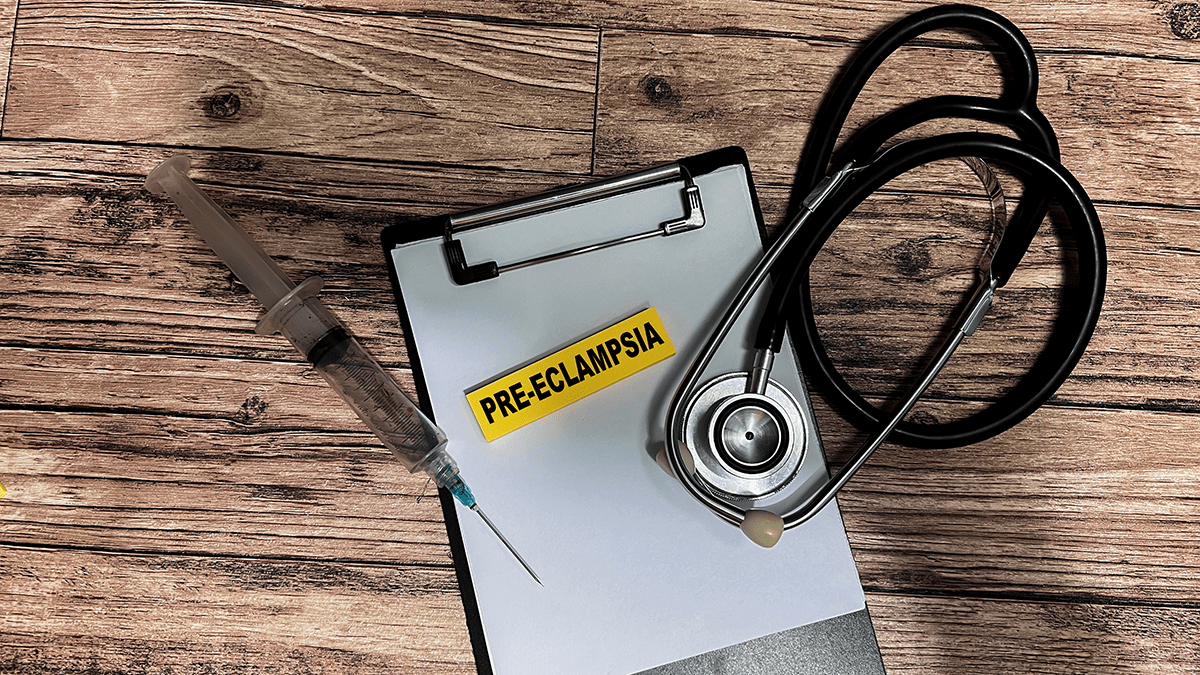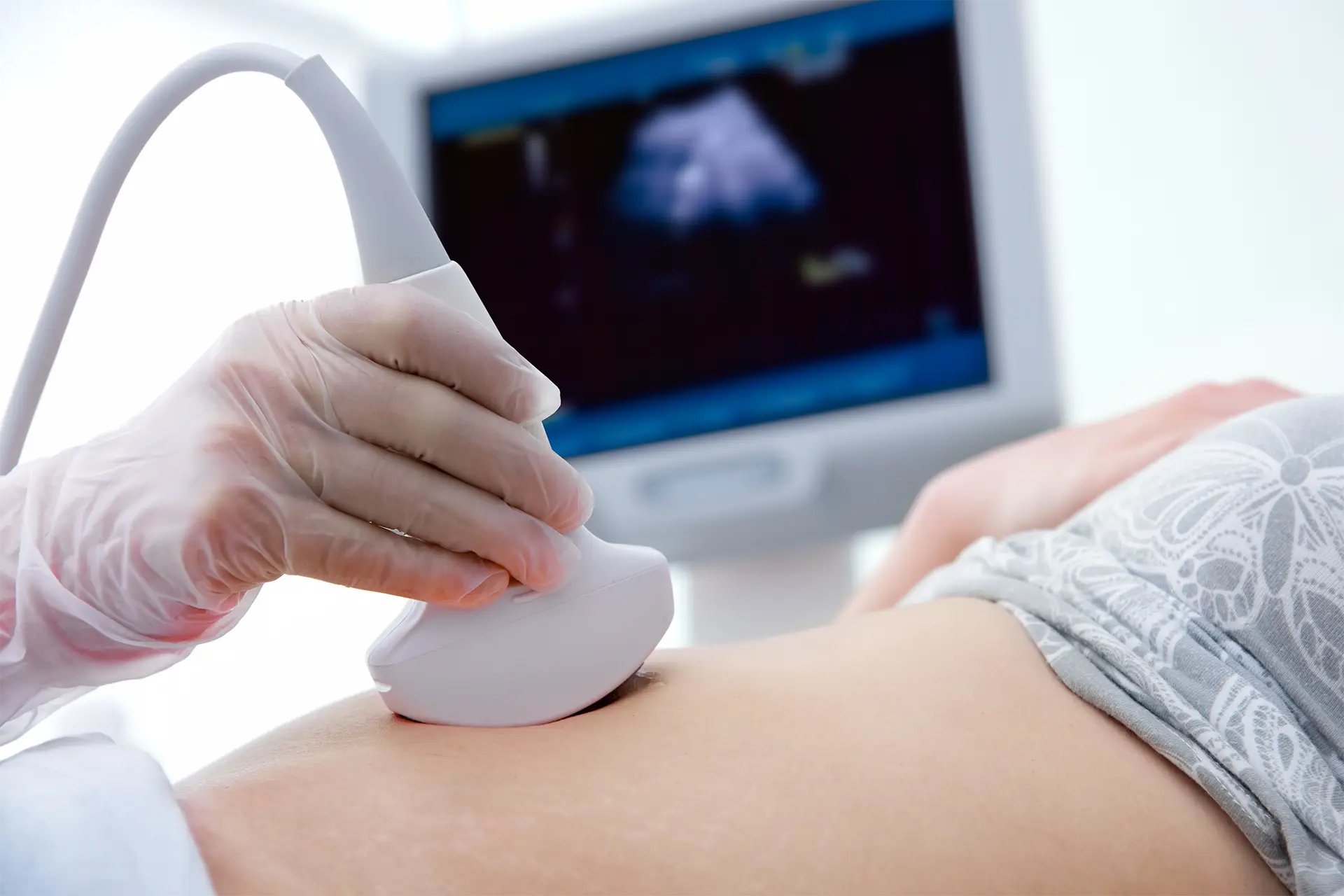Pregnancy is a remarkable journey, but it can also bring unexpected challenges. One such complication is pre-eclampsia, a condition that affects both mother and baby if left untreated. Understanding the early signs and knowing when to seek help can make all the difference. If you’re pregnant or planning to conceive, it’s helpful to speak to an obstetrician and gynaecologist in Singapore about what to look out for.
Let’s walk through the signs, symptoms and key questions to raise at your next check-up.
What Is Pre-eclampsia?
Pre-eclampsia is a pregnancy-related condition that typically develops after the 20th week. It’s marked by high blood pressure and signs of damage to other organs, most often the liver and kidneys. While the condition can sometimes develop without noticeable symptoms, it can become serious quickly if not monitored closely.
The exact cause is still being researched, but it’s thought to be linked to problems with the blood vessels in the placenta. If not managed early, pre-eclampsia can lead to complications for both the mother and baby, including growth restrictions, premature birth or even life-threatening outcomes.
Key Signs and Symptoms to Watch For
Understanding what to look for helps you act early. Many signs of pre-eclampsia can appear subtle at first, but if you notice any of the following, it’s worth bringing them up with your obstetrician in Singapore.
High Blood Pressure
This is the hallmark of pre-eclampsia. A reading of 140/90 mmHg or higher on two occasions, at least four hours apart, raises concerns. High blood pressure alone doesn’t confirm pre-eclampsia, but it’s often the first indicator. Regular prenatal check-ups usually catch this early, but home monitoring is useful if advised.
Swelling (Edema)
Some swelling during pregnancy is normal, especially in the feet and ankles. But if the swelling is sudden, affects the face or hands, or becomes severe, it may signal fluid retention associated with pre-eclampsia.
Protein in Urine
During routine visits, your urine is checked for protein. In a healthy pregnancy, protein levels in the urine are very low. A sudden spike can indicate kidney involvement, which is a common symptom of pre-eclampsia. This sign usually emerges alongside rising blood pressure.
Persistent Headaches
Not all headaches are a cause for concern, but ongoing, throbbing headaches that don’t ease with rest or paracetamol may point to changes in blood pressure or restricted blood flow in the brain. If these occur with visual disturbances or swelling, they should be taken seriously.
Vision Changes
Blurred vision, seeing spots or flashing lights, and sensitivity to light can all be warning signs. These symptoms suggest that pre-eclampsia might be affecting the nervous system. Never ignore changes in eyesight during pregnancy.
Pain in the Upper Abdomen
Discomfort or a dull ache in the upper right side of your belly, under the ribs, may indicate liver irritation. This is often linked to more severe forms of pre-eclampsia and should not be dismissed as common pregnancy pain.
Nausea or Vomiting in Later Pregnancy
While morning sickness typically eases by the second trimester, returning nausea or vomiting in the third trimester may be unusual. Combined with other symptoms, it could be a red flag and should prompt a closer check.
Decreased Urine Output
If you notice you’re urinating significantly less than usual, it could reflect compromised kidney function. This might be harder to track on your own, so alert your doctor if it’s paired with other symptoms
Sudden Weight Gain
Rapid weight gain of over two kilograms weekly could indicate fluid retention rather than increased baby weight. This symptom often accompanies swelling and should be mentioned at your next antenatal visit.
When to See Your Gynaecologist
Many of these symptoms can overlap with typical pregnancy discomforts. That’s why it’s important not to panic but to stay vigilant. If you experience more than one of these signs or feel something isn’t right, don’t wait until your next appointment.
Book an earlier consultation with your obstetrician and gynaecologist. They can perform tests and assess whether further monitoring is needed.
How Your Gynaecologist Will Monitor and Manage Pre-eclampsia
Once pre-eclampsia is suspected, your care plan will likely include more frequent blood pressure checks, urine tests and possibly bloodwork to track liver and kidney function. Your baby’s growth will also be monitored closely via ultrasounds to ensure the placenta is working well.
If the condition is mild and detected early, it may be managed through lifestyle adjustments, medication to lower blood pressure, and rest. In more serious cases, hospital admission might be recommended for closer observation.
Red Flags That Require Emergency Attention
Some symptoms require immediate action. If you notice any of the following, go straight to the emergency department:
- Severe or sudden headache with blurred vision
- Sharp upper abdominal pain
- Seizures or convulsions
- Shortness of breath or chest pain
- Reduced fetal movements
These signs could suggest that pre-eclampsia is advancing quickly, possibly into a more severe form called eclampsia or HELLP syndrome. Time is critical in such situations.
Consult a Gynaecologist in Singapore
If you’re concerned about pre-eclampsia or want to better understand how to protect your pregnancy, you should consult a qualified obstetrician in Singapore. Early conversations and regular check-ins are the best defence.
Every woman’s pregnancy experience is unique. Personalised care can make all the difference, whether you’re in your first trimester or weeks away from delivery. Dr TC Chang provides tailored support for expecting mothers, especially those navigating high-risk pregnancies.
If you’ve noticed any symptoms or want clarity on what’s normal, don’t hesitate to reach out. Schedule a consultation and safeguard your health and your baby’s future.


